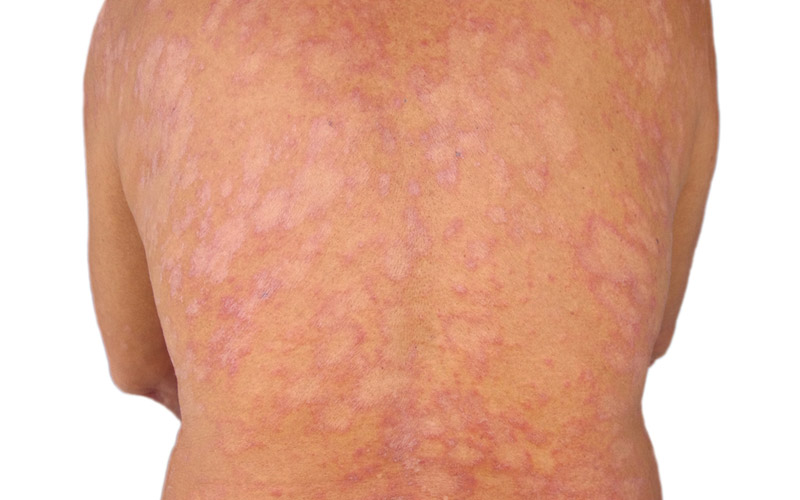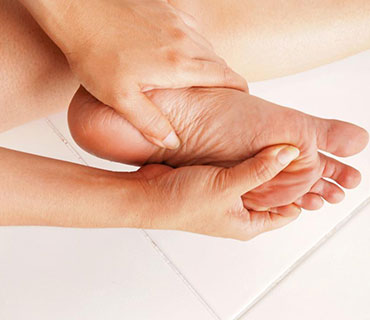contact@dermawave.in
Mon – Sat: 10:00 am – 2:00 pm & 05:30 pm – 7:30 pm
Sun: 11:00 am – 01:00 pm
+91 92153 50555
Call us 24/7, We are available for you
Call us 24/7, We are available for you
Fungal infection cases have risen dramatically in the recent years. It can involve the skin, hair, nails and other deeper organs. In India, the most common type is the superficial fungal infection, involving the groins, buttocks, abdomen, face etc. This type, medically known as tinea, presents with reddish, itchy ring-like patches on these areas. When nails are affected, they become discolored eg yellowish, thick and have subungual debris. And delay in treatment causes it to spread to other areas as well to other family members of the affected. Treatment is individualized as per the extent, age, weight and presence of other comorbidities.
Clinical response eg relief in itching, redness etc. is achieved early as compared to the mycological cure (eradication of the fungus) with adequate treatment, hence, treatment course completion as advised by the dermatologist is must to achieve eradication of the fungus and sustain the response. On the other hand, taking creams or tablets from the chemist or unqualified people or based on TV ads, only add cost to the patient without bringing long term sustained relief, besides promoting fungal resistance in their body.


Lorem Epsum
Copyright 2021-22 | All Rights Reserved | Designed & Developed By Seven Sliders